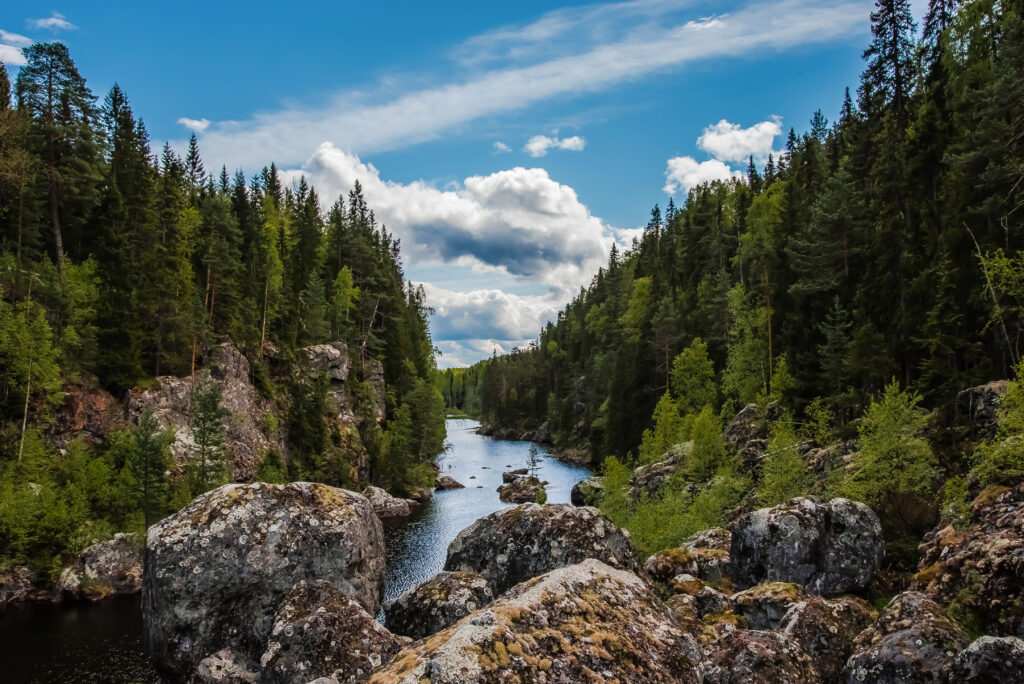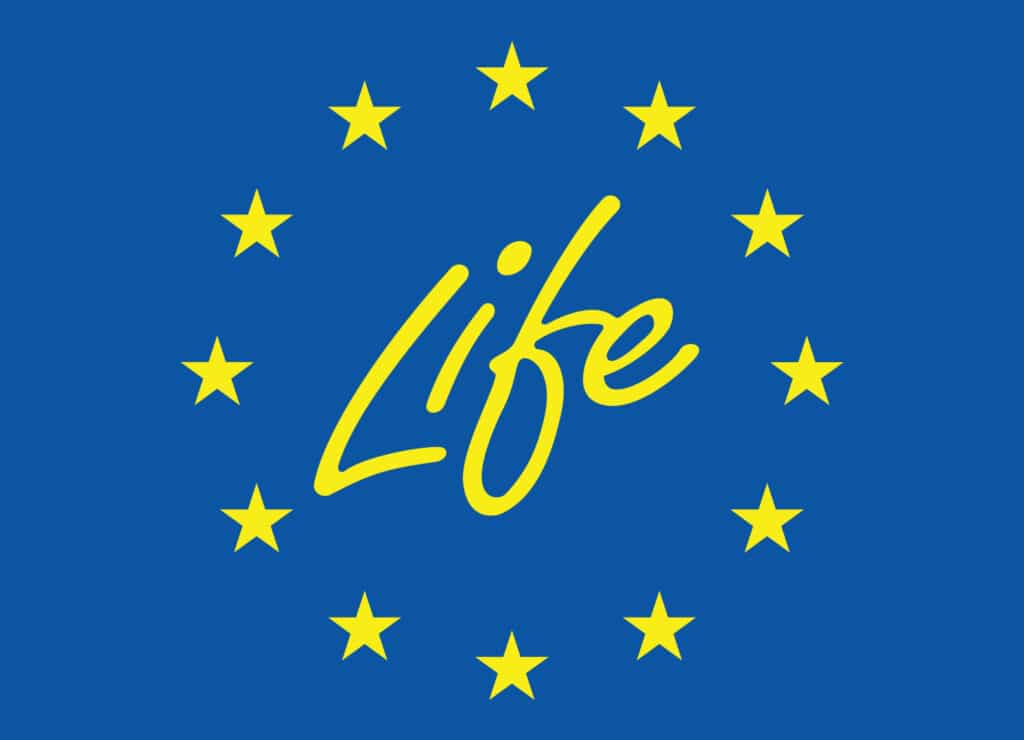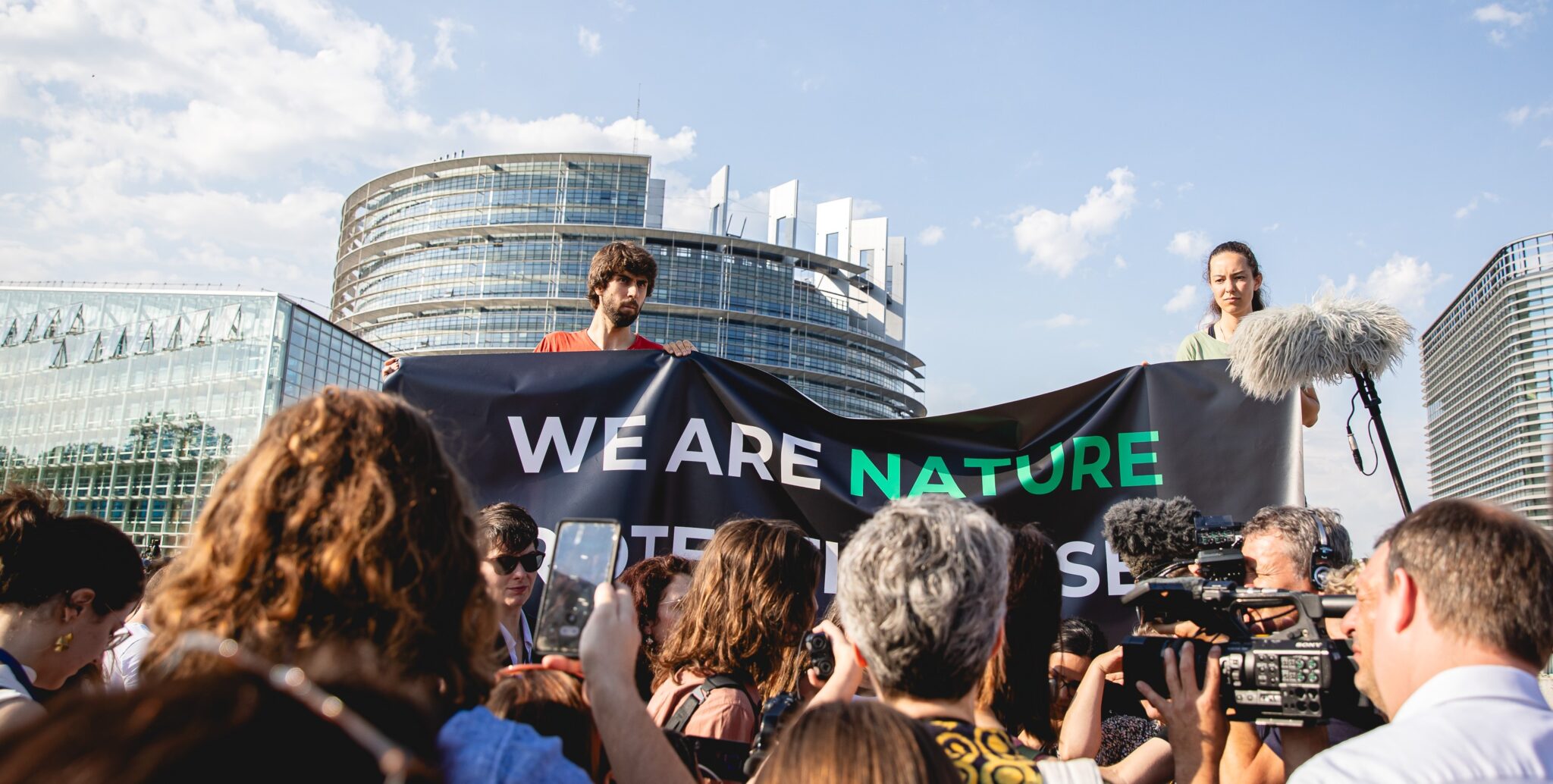Opinion: A few thoughts on what yesterday’s dramatic #RestoreNature vote means

Yesterday, after a nail-biting 44:44 vote, the proposal from the European People’s Party to kill the law entirely was rejected. Since time to vote on all 2500 amendments ran out, the remaining amendments and final report will be voted on 27 June. It's clear that the debate around the Nature Restoration Law has become a political game above anything else. Here are five take-home messages.
Manfred Weber has declared war on von der Leyen
The massive anti-nature campaign led by the European People’s Party (EPP) is part of a wider strategy. Manfred Weber, the party’s leader, who has never accepted being turfed out from the European Commission’s President position, is going for Ursula’s jugular. His strategy? Pulling down the EU Green Deal, which is, let’s face it, pretty much the only big tangible success of the current Commission. He identified nature as the Achilles’ heel of the deal.
The grand political plan, which he publicly announced and Peter Liese confirmed in an interview with Politico yesterday, is to replace the “von der Leyen majority” with a far-right majority. This makes the fight for the Nature Restoration Law central to the political future of Europe. So, those who can’t be bothered with the extinction of sturgeons and or shrikes should pay attention anyway.
Brussels is the new Washington
The EPP’s anti-nature campaign does not back from using Trumpian tactics. Of course, the EU debate has always been based on cherry-picking facts and exaggerations, but the use of blatant lies and the ruthless manipulation of the Ukrainian tragedy mark a crossing of the Rubicon. Similarly, lobbies have always been about the pragmatic defence of specific vested interests. Watching the right-wing block voting down urban greening in the name of defending farmers marks the arrival of a purely ideological war. The kind of war that has sapped the life of US democracy. Not the road we want to go down.
Nature is as big as the climate
Europe’s most powerful political machine choosing biodiversity as the hill to die on is clearly a turning point. Scientists have been saying it for two decades now: we are not facing a ‘climate crisis’, we are facing an ecological crisis of which rapid climate change and ecosystem collapse are the main manifestations. You cannot solve, or even understand, one without the other.
The farm lobby is the new oil & gas
For anyone that had any doubts about how regressive the dominant farm unions are, and about how powerful they are, the Nature Restoration law offers all the evidence you need. COPA COGECA has gutted the Common Agriculture Policy’s reform, torpedoed emissions reduction legislations, and opposed every bit of progressive policy out there. It simply has gone to war against nature.
The Nature Restoration Law has been endorsed by a litany of scientists, mayors, CEOs of big businesses, the European Central Bank, and different sectors ranging from renewable energy to extractive industries. Even the hunters support the law. The only opposition came from the traditional intensive farming, forestry, and fishing lobbies. And yet, we end up with a fifty-fifty political split. Sectors that add up to just a few percentages of European GDP or employment seem to have as much power as the rest of society put together. It seems the survival of our civilisation hangs, to a very large extent, on the defeat of two fairly narrow lobbies. One is the fossil fuels industry, the other the business-as-usual primary sectors.
Voting matters
For all the many dysfunctionalities of our democratic systems, citizens have more power than they think. Yesterday, one of the most consequential laws for the future survival of Europeans escaped annihilation on a 44:44 tie. A single Member of the Parliament (MEP) changing his or her mind can literally determine the future of the continent. Stop and think about it. MEPs are often elected by the equivalent of the population of a biggish village. So, the best thing you could do for the planet is to vote for a good MEP and send a few messages asking to vote well.
By Ariel Brunner, Regional Director of BirdLife Europe & Central Asia
Cover picture: shutterstock
You might as well be intersted in:
 | Stichting BirdLife Europe gratefully acknowledges financial support from the European Commission. All content and opinions expressed on these pages are solely those of Stichting BirdLife Europe. The European Commission is not responsible for any use that may be made of the information it contains. |









